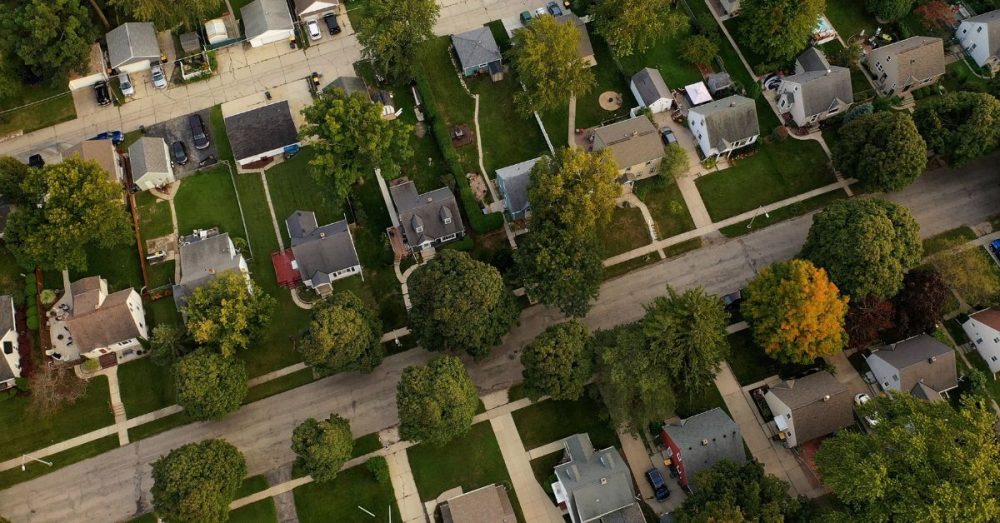It has been more than three months since the Plano City Council amended an ordinance regulating short-term rentals, and operators face a deadline on Thursday to register their properties.
The revision to the municipal code followed a temporary ban on new short-term rentals in Plano, during which a task force investigated the impact of STRs on single-family neighborhoods and other zoning districts, reviewed data on those listed by Airbnb and Vrbo, and conducted surveys before submitting its recommendations to the Plano City Council.
“There were reports of tenants and visitors at short-term rentals (STRs) in the City of Plano engaging in criminal conduct negatively affecting the public sense of well-being and security, including operation of a prostitution enterprise and discharge of a firearm into a nearby residence occupied by a child, public urination, public indecency, and disorderly conduct,” according to the amended ordinance. “More commonly, there were reports of tenants and visitors at the STRs in the City of Plano failing to be reasonably quiet and pick up after themselves as Plano neighbors expect.”
Generally, STRs are defined as properties where tenants reside for no more than 30 days. Those registered with Airbnb and Vrbo often fall into that category, although renters using those services may stay longer. Some property owners who list their homes for rent on Airbnb, for example, live on-site and rent out part of their homes to tenants. Others do not live on-site but own and rent out the entire property for periods ranging from one night to a couple of weeks.
Under state law, those who use their properties for STRs must collect hotel occupancy taxes and remit that money the same as proprietors of hotels or bed and breakfasts.
Existing STRs must be registered with the City of Plano by Thursday. The ordinance also:
- Prohibits the listing of STRs on platforms without registration.
- Requires regular registration renewals.
- Requires posting registration inside the STRs.
- Requires hosts to post rules and the city’s noise ordinance.
- Requires registrants to provide links to platforms where their properties will be listed.
- Requires proof of liability insurance.
- Requires local contacts who can be available to address problems.
- Requires local property management that “actively” manages the sites.
- Requires hosts “to be responsive to issues in a reasonable time.”
- Requires operators of full-dwelling STRs to use city technology as “tools for property monitoring.
- Provides escalating penalties for multiple violations, including for trash and debris.
- Provides for a one-year suspension of STR registration for a “one-time severe offense that causes significant public harm.”
New STRs are “only allowed as a function” at independent living facilities, business lofts, and mid-rise, multifamily, single-family, studio, and two-family residences. However, the areas in which they are allowed are now limited to “legal dwellings in nonresidential zoning districts, except O-1.” And new STRs may be permitted in apartments in residential zoning districts “if the building or complex includes on-site property management. Up to one unit or 5% of the total units on the property, whichever is greater, may be STRs. Additional STRs require approval of a specific use permit.”
Other than noise complaints in neighborhoods where homes have been used as STRs, Plano residents have filed grievances over occupancy limits, on-street parking, and property standards.


